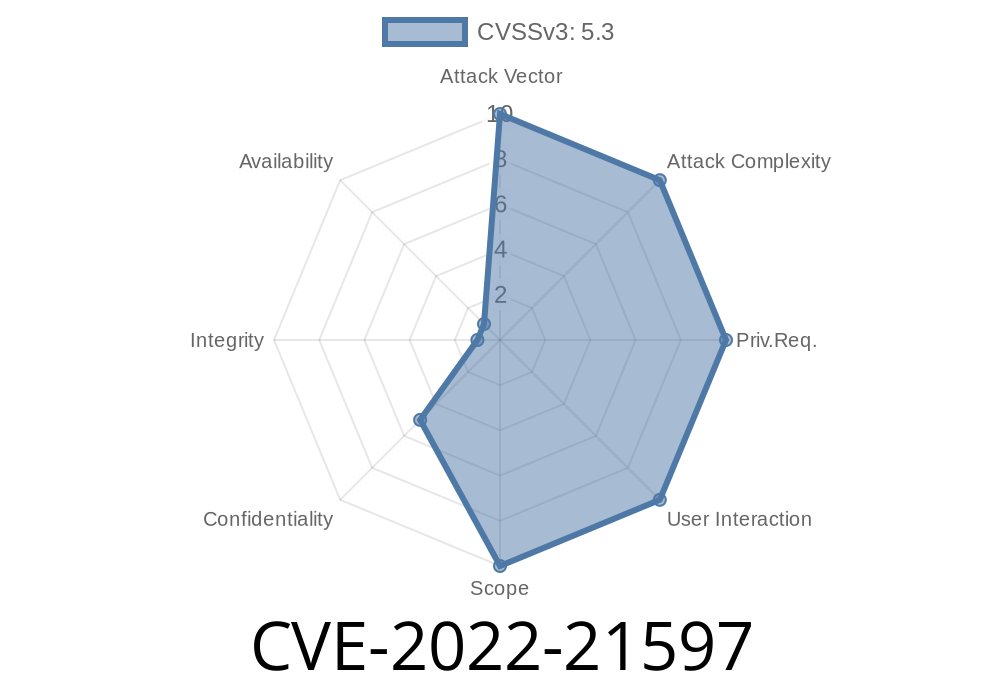Red Hat Enterprise Linux 6 Red Hat Enterprise Linux 7 Red Hat Enterprise Linux 5 Red Hat Enterprise Linux 4 Red Hat Enterprise Linux 3 Red Hat Enterprise Linux 2 Red Hat Enterprise Linux 1 Red Hat Enterprise Linux 6.9 Red Hat Enterprise Linux 7.1 Red Hat Enterprise Linux 7.2 Red Hat Enterprise Linux 7.3 Red Hat Enterprise Linux 5.9 Red Hat Enterprise Linux 6.9 Red Hat Enterprise Linux 7.4 Red Hat Enterprise Linux 7.5 Red Hat Enterprise Linux 4.9 Red Hat Enterprise Linux 5.9 Red Hat Enterprise Linux 6.9 Red Hat Enterprise Linux 7.6 Red Hat Enterprise Linux 5.9 Red Hat Enterprise Linux 6.9 Red Hat Enterprise Linux 7.7 Red Hat Enterprise Linux 6.9 Red Hat Enterprise Linux 7.8 Red Hat Enterprise Linux 6.9 Red Hat Enterprise Linux 7.9 Red Hat Enterprise Linux 5.9 Red Hat Enterprise Linux 6.9 Red Hat Enterprise Linux 7.10 Red Hat Enterprise Linux 7.11 Red Hat Enterprise Linux 7.12 Red Hat Enterprise Linux 7.13 Red Hat Enterprise Linux 7.14 Red Hat Enterprise Linux 7.15 Red Hat Enterprise Linux 5.9 Red Hat Enterprise Linux 6.9 Red Hat Enterprise Linux 7.16 Red Hat Enterprise Linux 7.17 Red Hat Enterprise Linux 7.18 Red Hat Enterprise Linux 7.19 Red Hat Enterprise Linux 7.20 Red Hat Enterprise Linux 7.21 Red Hat Enterprise Linux 7.22 Red Hat Enterprise Linux 5.9 Red Hat Enterprise Linux 6.
centminup-0.1.10
Red Hat Enterprise Linux 6
Red Hat Enterprise Linux 7
Red Hat Enterprise Linux 5
Red Hat Enterprise Linux 4
Red Hat Enterprise Linux 3
Red Hat Enterprise Linux 2
Red Hat Enterprise Linux 1
Table of Contents
1. Asynchronous I/O
2. Atomic Transactions
3. Automatic crash recovery
4. Balanced tree-based locking
5. Bonjour services
6. Caching
Red Hat Software Collections
Red Hat Software Collections is an optional subscription-based product that provides access to Red Hat Enterprise Linux and Red Hat Enterprise Virtualization software, as well as the latest versions of many open source technologies. With this product, you can get up-to-date technology at a fraction of the cost of a new release.
You can also choose to purchase Red Hat Enterprise Linux 6 Red Hat Enterprise Linux 7 or Red Hat Enterprise Linux 5 with a subscription plan. The subscription includes four years of support and acts similar to a perpetual license.
Red Hat Enterprise Linux 5.x
Red Hat Enterprise Linux 5 had many updates and improvements made to it. The following are some of the most important updates:
• Improved kernel, including 2.6.32-431 with SMP and 32GB virtual address space
• Workstation 6.4
• Workstation 5.7
• Security Updates from February 12th 2016 through March 31st 2016
How to check if my system is vulnerable?
To see if your system is vulnerable, you can either use the Red Hat Enterprise Linux 5 or 6 beta ISO product installation media.
Using the Red Hat Enterprise Linux 5 or 6 beta ISO product installation media allows you to run a command similar to the following:
root@red-hat-enterprise-linux5:/# rpm -qa | grep binutils
binutils-2.18.50-2.1.el5_9.x86_64
binutils-devel-2.18.50-2.1.el5_9.i386
Alternatively, you could use any of the Red Hat Enterprise Linux release media and run a command such as:
root@red-hat-enterprise-linux6:/# rpm -qa | grep binutils
binutils-2.18.50-2.7.el6_9alpha1~rhel60~clusterfwd6411~x86_64
binutils-devel-2.18.50-2.7.el6_9alpha1~rhel60~clusterfwd6411~x86_64
Timeline
Published on: 10/18/2022 21:15:00 UTC
Last modified on: 10/18/2022 21:18:00 UTC
